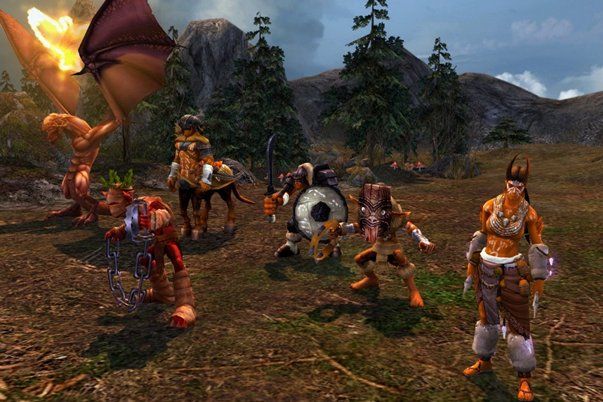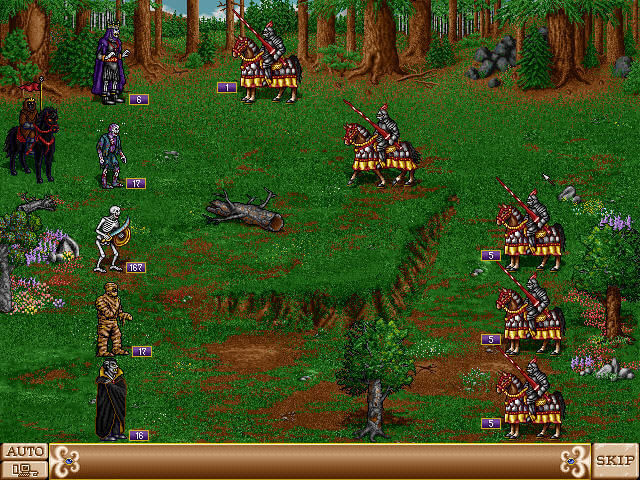
And the entire game interface has an ugly overlay of social-networking buttons and profile-experience bars, whether you want them or not. Whatever name you’ve chosen for your store profile is the one that shows up in-game, and it can’t be changed easily. Your character’s weapons only improve when you’re playing online. To make matters worse, Ubisoft’s attachment of the game to both its anti-piracy measures and its online store create constant frustration: You can play offline, but you can’t load even single-player saves if you’ve played online. It’s the “gamification” of gaming, and it’s as utterly useless as it sounds.

You don’t just earn experience for your character in each scenario, you also gain experience for your profile, which triggers a constant stream of achievements and rewards, some of which can be “spent” as microtransactions. The game has a constant stream of meta-gaming. Yet those in-game changes aren’t the most noticeable ones in Heroes VI. Secondly, each region is now largely controlled by a central fortress or city, which, if captured, flips control of the local mines and buildings to the new owners, allowing for larger momentum-shifts. First, troops are recruited kingdom-wide instead of city-to-city, which lessens the occasionally overwhelming micromanagement which bogged down its predecessors, at the cost of some complexity. Heroes VI does change the series’ in-game formula slightly in two key areas, both of which streamline the mechanics. Heroes VI, like its predecessors, manages the neat trick of providing a constantly entertaining experience without ever having a single gameplay mechanic that stands out as compelling players to stay with the game. The game has a simple rhythm: Heroes sweep an area for resources and mines, gather reinforcements, and then attempt to conquer new areas while maintaining their army.

They don’t engage in combat directly, though instead, you purchase troops at cities and fortresses, and they engage in turn-based tactical combat.

You control a handful of heroes, who gain experience and levels as they would in a role-playing game.

The series’ sixth installment has a slightly different name – the series is best known as Heroes of Might and Magic – but the play style remains the same. Instead of being set in a world that conforms to any particular overarching concept, Heroes asks “Wouldn’t it be great if an army of orcs and cyclops fought against a bunch of paladins and angels?” The answer has been an emphatic “Yes!” for more than 15 years, ever since this strategic series spun off from the Might & Magic role-playing games, themselves glorious, messy pastiches of fantasy tropes. Might & Magic: Heroes VI is a relic from the days when games didn’t bother with internal consistency or inherent logic.


 0 kommentar(er)
0 kommentar(er)
